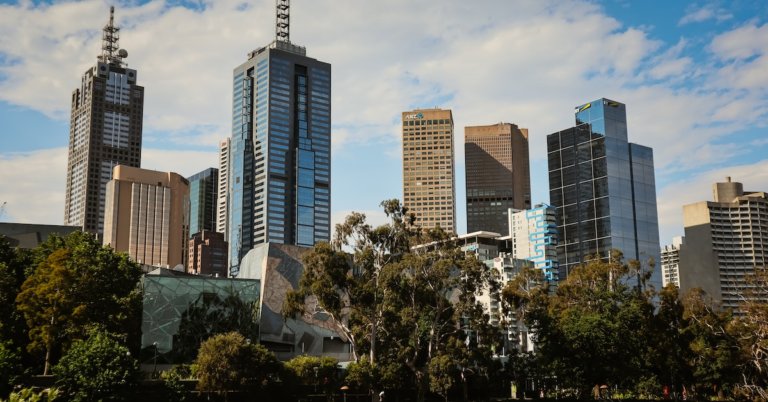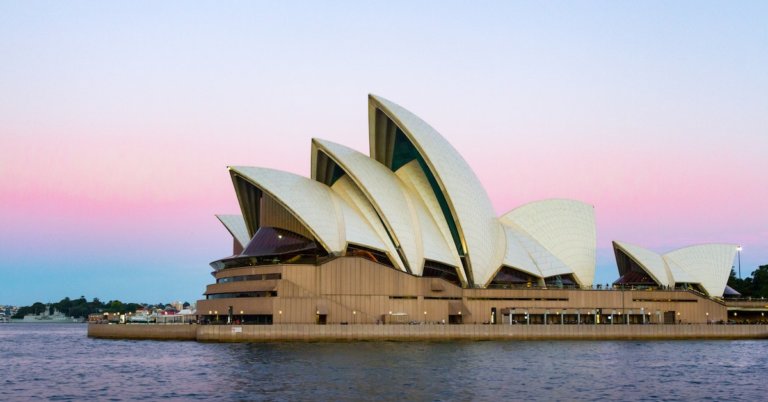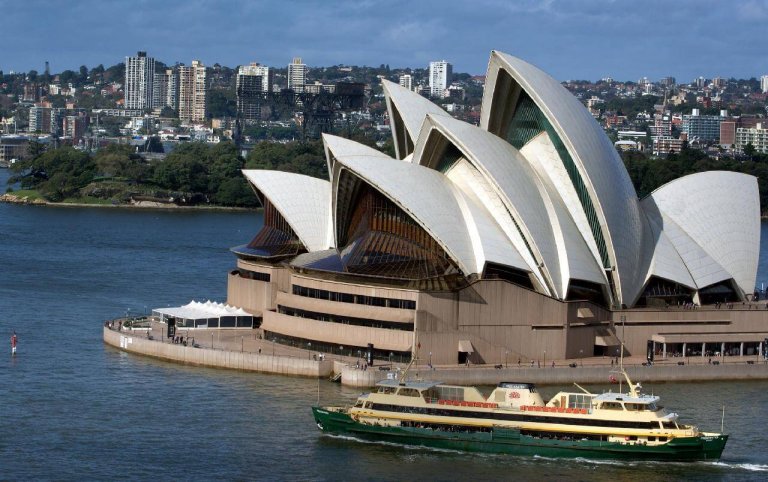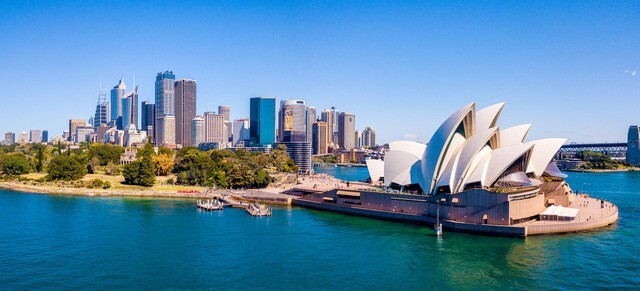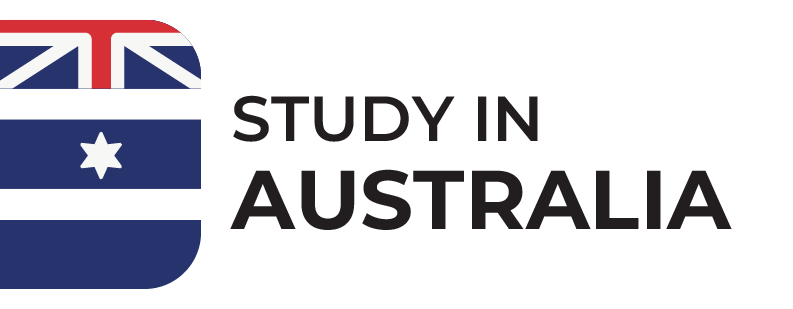Studying in Australia is a rewarding and exciting experience for international students. However, it can sometimes be difficult to do so without breaking the bank. Luckily, there are many cheap Australian universities and higher education institutions that offer affordable courses for international students.
If you’re searching for the cheapest university or searching for the cheapest courses for international students in Australia, read further to find out our picks.
Here are some of the cheapest courses for international students in Australia:
Table of Contents
Australian Catholic University
The Australian Catholic University (ACU) is among the best catholic universities worldwide. This university offers some of the cheapest courses in Australia, ranging from education studies to science. ACU also offers various student services that help you navigate studying abroad.
Here are some of the most affordable courses you can find here:
| Course | Annual tuition fee |
| Bachelor of Biomedical Science | $25,568 |
| Bachelor of Education | $25,568 |
| Bachelor of International Development Studies | $25,568 |
| Bachelor of Psychological Science | $25,568 |
| Bachelor of Theology/Bachelor of Philosophy | $23,400 |
| Bachelor of Youth Work | $25,568 |
| Graduate Certificate in Business Administration | $16,160 |
| Graduate Certificate in Educational Leadership | $12,784 |
| Graduate Diploma in Health Administration | $25,320 |
| Master of Clinical Exercise Physiology | $25,320 |
| Master of Health Administration | $25,320 |
| Master of Public Health | $25,320 |
Charles Sturt University
Charles Sturt University is one of the best Australian universities for graduate employment and offers flexible learning options for its students. With various industry partnerships to facilitate work experiences and a vibrant student life, there is much more to this university than its affordable tuition fees.
Some of the cheapest courses for international students in Australia at this university include:
| Course | Annual tuition fee |
| Bachelor of Arts (with specialisations) | $21,280 |
| Bachelor of Criminal Justice | $24,880 |
| Bachelor of Education (Early Childhood and Primary) | $24,640 |
| Bachelor of Policing and Public Safety | $23,680 |
| Bachelor of Theology | $21,680 |
| Graduate Certificate in Theological Studies | $21,680 |
| Graduate Diploma of Professional Information Technology | $21,680 |
| Master of Arts (Theological Studies) | $21,680 |
| Master of Ministry | $21,680 |
| Master of Theology | $21,680 |
Federation University Australia
As a dual-sector university, Federation University Australia is a great choice for students looking for TAFE certificates, the cheapest diploma courses in Australia, or other affordable study options.
This university offers more than 300 courses and programs for you to choose from, some of the cheapest being:
| Course | Annual tuition fee |
| Bachelor of Arts | $22,200 |
| Bachelor of Community and Human Services | $24,800 |
| Bachelor of Criminal Justice Management | $24,800 |
| Bachelor of Human Services and Entrepreneurship | $24,800 |
| Graduate Certificate in Applied Cyber Security | $13,450 |
| Graduate Certificate in Education Studies | $13,400 |
| Graduate Certificate in Health (Health Services Management) | $11,500 |
| Graduate Certificate in Health (Workplace Health & Safety) | $11,500 |
| Graduate Certificate in Public Health | $11,500 |
| Graduate Certificate in Social & Community Services | $13,300 |
| Graduate Diploma of Mining | $22,200 |
Southern Cross University
Southern Cross University is another excellent university that offers affordable courses for international students in Australia. Here you can find a variety of courses ranging from pathway programs, undergraduate degrees, graduate certificates, and other postgraduate programs.
Some of the most affordable are:
| Course | Annual tuition fee |
| Graduate Certificate in Accounting | $15,200 |
| Graduate Certificate in Business | $15,200 |
| Graduate Certificate of Business in Global Hotel Leadership | $13,600 |
The University of Divinity
The University of Divinity is a collegiate Australian university that offers programs based on Christian theological traditions. This university offers personalised support and guidance in an inclusive environment of students from diverse backgrounds and beliefs.
Some of the cheaper study programs this university offers are:
| Course | Annual tuition fee |
| Advanced Diploma in Philosophy | $14,888 |
| Advanced Diploma in Theology and Ministry | $14,888 |
| Bachelor of Counselling | $14,888 |
| Diploma in Ministry | $14,888 |
| Diploma in Theology | $14,888 |
| Graduate Certificate in Leadership | $8,646 |
| Graduate Certificate in Research Methodology | $8,646 |
| Graduate Certificate in Teaching Meditation | $8,646 |
| Undergraduate Certificate in Divinity | $7,444 |
The University of Southern Queensland
Based in Toowoomba, the University of Southern Queensland (UniSQ) is an ideal institution where international students can experience the best that Australia has to offer. With over 700 specialised professional courses and more than 140 degrees, there are plenty of opportunities for students to find cheap courses.
Some of them include:
| Course | Annual tuition fee |
| Bachelor of Arts | $18,750 |
| Bachelor of Aviation (Aviation Management) | $18,360 |
| Bachelor of Aviation (Flight Operations) | $18,360 |
| Bachelor of Business | $18,360 |
| Bachelor of Communication and Media (Digital Media) | $18,360 |
| Bachelor of Early Childhood | $17,980 |
| Bachelor of Information Technology | $20,165 |
| Bachelor of Science | $23,774 |
| Bachelor of Spatial Science Technology (Surveying) | $24,100 |
| Bachelor of Urban and Regional Planning (Honours) | $24,100 |
University of New England
Since 1938, the University of New England (UNE) has been shaping Australian education by being one of the largest providers of online education in the country. With more than 200 undergraduate, postgraduate, and higher-degree research courses available, it is safe to say there is plenty to choose from.
Some cost-effective study options at UNE are listed below:
| Course | Annual tuition fee |
| Advanced Diploma in Arts | $26,880 |
| Advanced Diploma in Local, Family, and Applied History | $26,880 |
| Associate Degree in Teaching (Pacific Focus) | $24,080 |
| Bachelor of Arts | $26,880 |
| Bachelor of Educational Studies | $26,880 |
| Bachelor of Historical Inquiry and Practice | $26,880 |
| Bachelor of Media and Communications | $26,880 |
| Master of Arts | $26,880 |
| Master of Education | $26,880 |
| Master of Theatre and Performance | 26,880 |
University of the Sunshine Coast
As a young university focused on hands-on learning, practical skills, and sustainable practices, the University of the Sunshine Coast (UniSC) offers the quintessential Australian educational experience. UniSC offers flexible study options with a mix of in-person seminars and interactive online materials. And the cherry on top, its courses are quite affordable compared to other Australian universities.
Here are some of them:
| Course | Annual tuition fee |
| Bachelor of Commerce (Financial Planning) | $24,400 |
| Bachelor of Creative Writing | $24,400 |
| Bachelor of Design and Marketing | $24,400 |
| Bachelor of Journalism | $24,400 |
| Bachelor of Property Economics and Development | $24,400 |
| Bachelor of Regional and Urban Planning | $24,400 |
| Bachelor of Social Science | $24,400 |
| Bachelor of Urban Design and Town Planning (Honours) | $24,400 |
| Diploma in Business | $22,900 |
| Diploma in Business Innovation | $22,900 |
| Diploma in Communication | $22,900 |
| Diploma in Criminology and Justice | $22,900 |
| Diploma in General Studies | $22,900 |
| Diploma in Social Sciences | $22,900 |
| Diploma in Sport and Fitness | $22,900 |
| Graduate Certificate in Business Administration | $13,900 |
| Graduate Certificate in Business Research | $13,900 |
| Graduate Certificate in Education | $13,900 |
| Undergraduate Certificate in Animal Ecology | $11,500 |
| Undergraduate Certificate in General Studies | $22,900 |
Western Sydney University
Last but not least, Western Sydney University is another cheaper higher education institution for international students in Australia. This university offers a dynamic student life and countless facilities and resources for its students.
Some of the cheapest study programs available here include:
| Course | Annual tuition fee |
| Bachelor of Criminal and Community Justice | $27,552 |
| Bachelor of International Studies Major*: International Relations and Asian Studies | $27,552 |
| Bachelor of Languages and Linguistics | $27,552 |
| Graduate Certificate in Big Data | $17,472 |
| Graduate Certificate in Data Science | $17,472 |
| Graduate Certificate in Education (Leadership and Management) (exit only) | $14,868 |
| Graduate Certificate in Humanitarian and Development Studies | $14,744 |
| Graduate Certificate in Information and Communications Technology | $17,472 |
| Graduate Certificate in Property Investment | $16,676 |
| Graduate Certificate in Start Up Scale Up | $16,676 |
Studying in a diverse place such as Australia means you will expand your worldview, you will appreciate new beautiful scenery, and you will learn from some of the world’s best educational institutions. But, doing so doesn’t have to be so expensive. With the degrees and universities listed above, as well as by checking out scholarship opportunities in Australia, you will be able to save on tuition fees without having to lose out on quality education.


